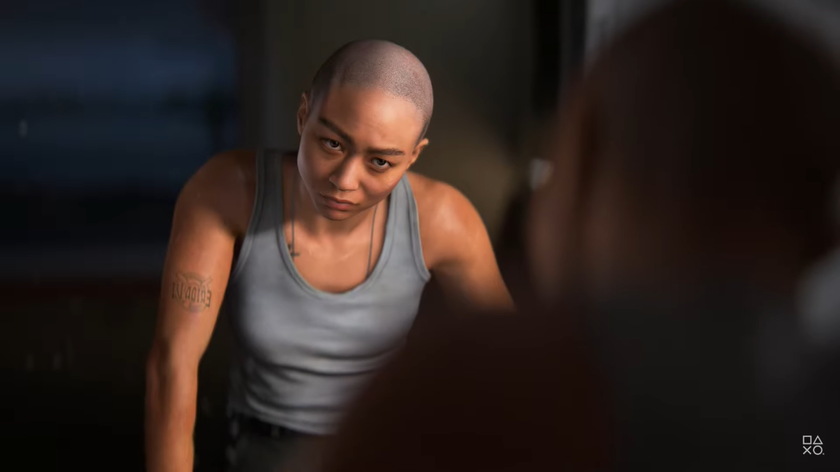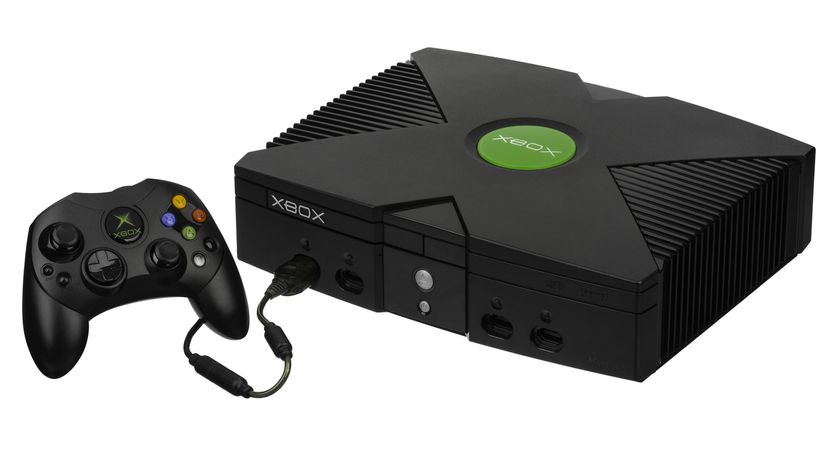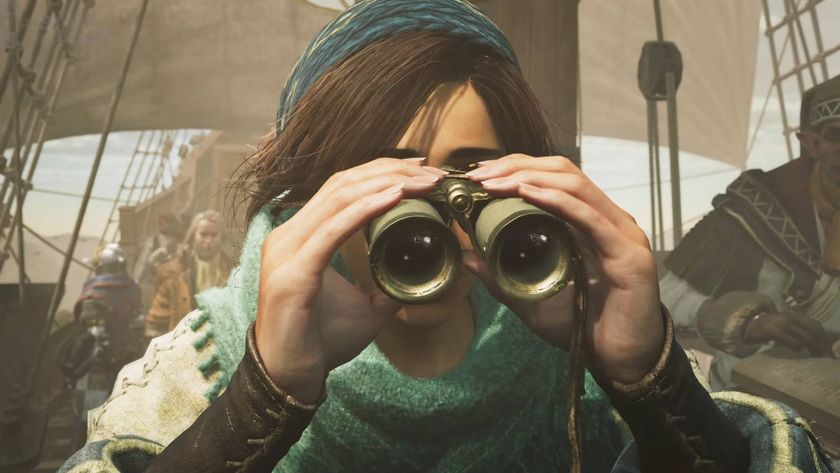The Oculus/ZeniMax lawsuit: all your questions answered

The big legal battle between Oculus' dad and Bethesda's dad has finally reached its (first) conclusion, and the result is… nobody's really satisfied. If you're just catching up on all the judicial twists and turns now, I've got you covered - hat tip to Polygon for keeping an eye on the proceedings from start to finish.
What was the lawsuit about?
ZeniMax brought a lawsuit against Facebook (which owns Oculus) alleging that a bunch of the foundational work on Oculus Rift was improperly lifted from ZeniMax's own virtual reality R&D. Palmer Luckey had struck up a friendship with John Carmack over their mutual interest in VR and as a result got to see behind the curtain on some of their work, which meant he needed to sign a non-disclosure agreement with ZeniMax to keep him from blabbing about all their trade secrets.
ZeniMax said he broke that agreement, and that when John Carmack left id to join Oculus he took a bunch of the trade secrets with him. It doesn't matter even if he was single-handedly responsible for that research - if he did it as a ZeniMax employee, it's ZeniMax property.
Who were the key players?
In a nutshell: Palmer Luckey, John Carmack, ZeniMax Media, and Facebook.

Wait, who?
You might know Palmer Luckey as the barefoot VR guy from the cover of Time Magazine. He's the co-founder of Oculus and main force behind the original Oculus Rift, which he says started development in his garage.
John Carmack is the guy who used to talk about incredibly technical stuff for extended periods of time at QuakeCon (and laypeople listened, as if transfixed). He was instrumental in making Doom and other id Software games, and he left the company after more than 20 years to join Oculus in 2013.
If you're anything like Mark Zuckerberg, you've never heard of ZeniMax before. But you've definitely heard of the stuff it owns: Bethesda Game Studios, id Software, and Arkane Studios, for instance, which are respectively responsible for Skyrim, Doom, and Dishonored.
Sign up to the 12DOVE Newsletter
Weekly digests, tales from the communities you love, and more
Facebook is frickin' Facebook, c'mon. Beyond social media, it's a tech giant and it bought Oculus back in 2014 for a cool $2 billion. That cost is rapidly increasing, as you'll soon see.
What was the conclusion?
Basically, the jury found that some of ZeniMax's complaints were valid though not the biggest ones: Palmer's NDA was definitely broken, but the theft of intellectual property by Carmack and others wasn't conclusively established. The court ordered Facebook (and involved employees) to pay a total of $500 million to ZeniMax in recompense for Luckey breaking his non-disclosure agreement. It waved off the claims that Oculus misused ZeniMax's trade secrets.
What happens next?
Pfft, is any big court case ever over after the first try? Facebook has already said it plans to file an appeal contesting the findings of the court. And ZeniMax has said it may seek an injunction to halt further sales of Oculus Rift "to ensure there will be no ongoing use of our misappropriated technology".

What can ZeniMax do now?
If the injunction is approved, it would be up to Oculus to stop selling Rifts and clear its stock from retail channels. Oculus would only be able to start selling the headsets again after the terms of the injunction were met, which would likely mean substantially revising the code that makes it run and possibly even some of the physical elements. In other words, it would be really bad news for Oculus and Facebook. This will only happen if ZeniMax can establish that the Rift headsets were built on stolen tech, of course, which it hasn't managed to do yet.
Seen something newsworthy? Tell us!
I got a BA in journalism from Central Michigan University - though the best education I received there was from CM Life, its student-run newspaper. Long before that, I started pursuing my degree in video games by bugging my older brother to let me play Zelda on the Super Nintendo. I've previously been a news intern for GameSpot, a news writer for CVG, and now I'm a staff writer here at GamesRadar.
















